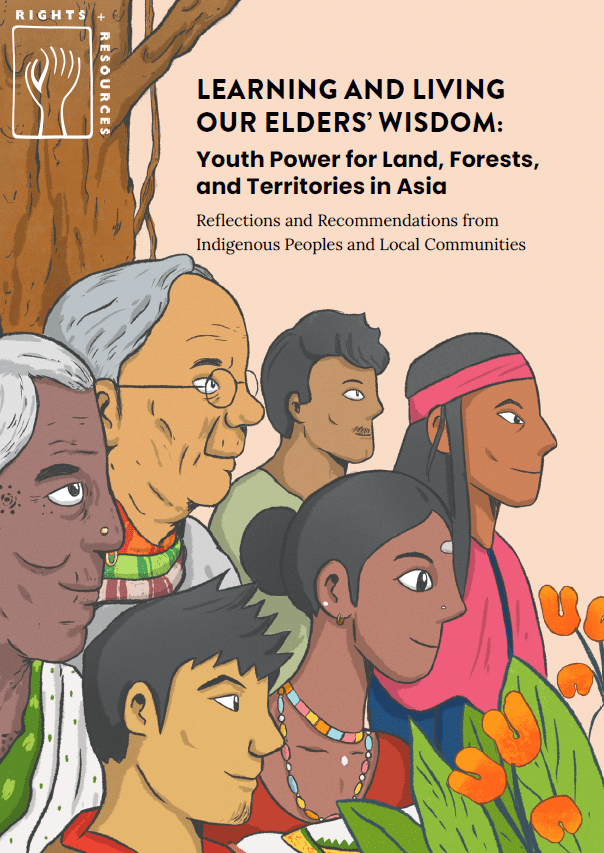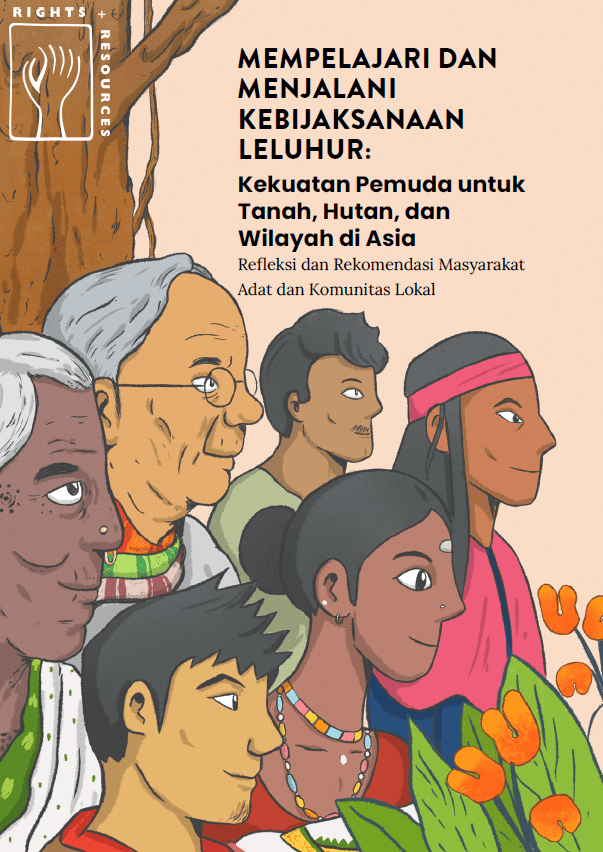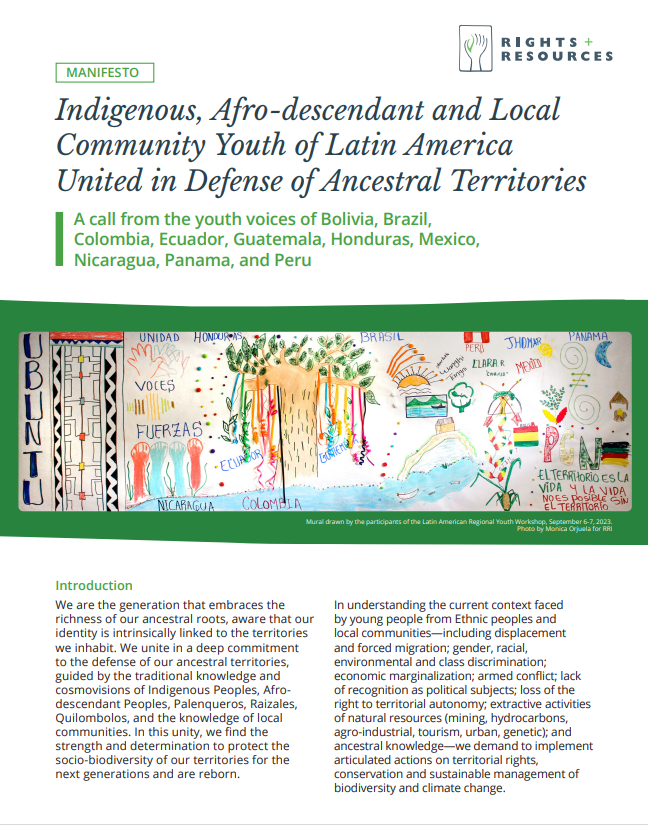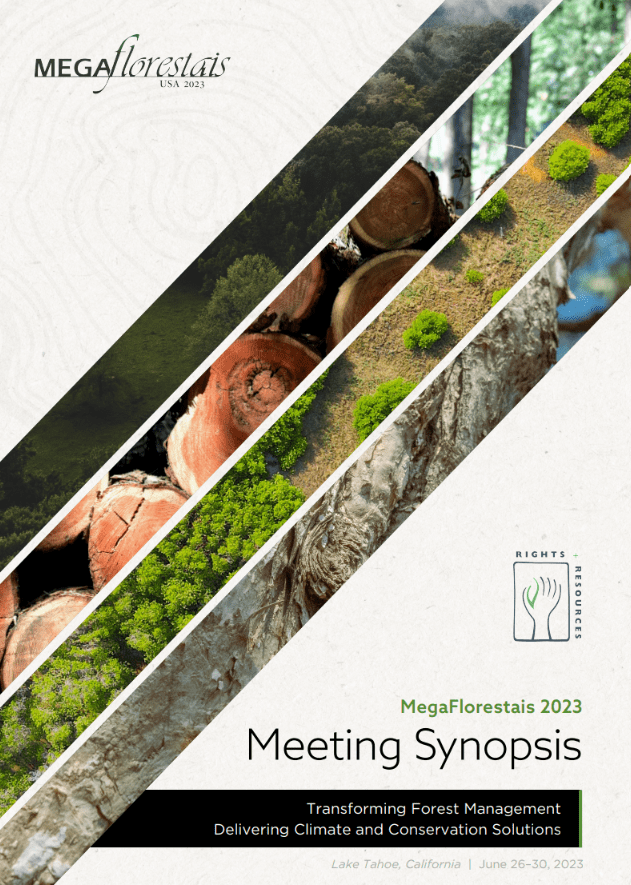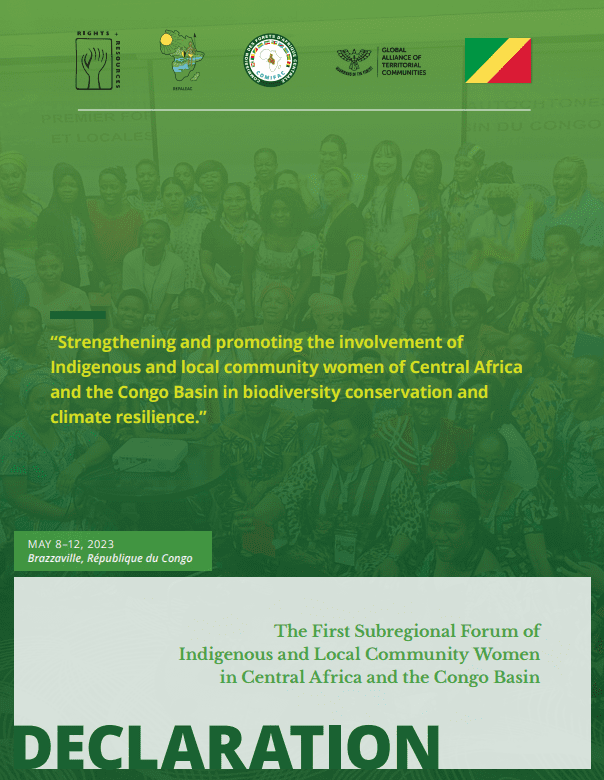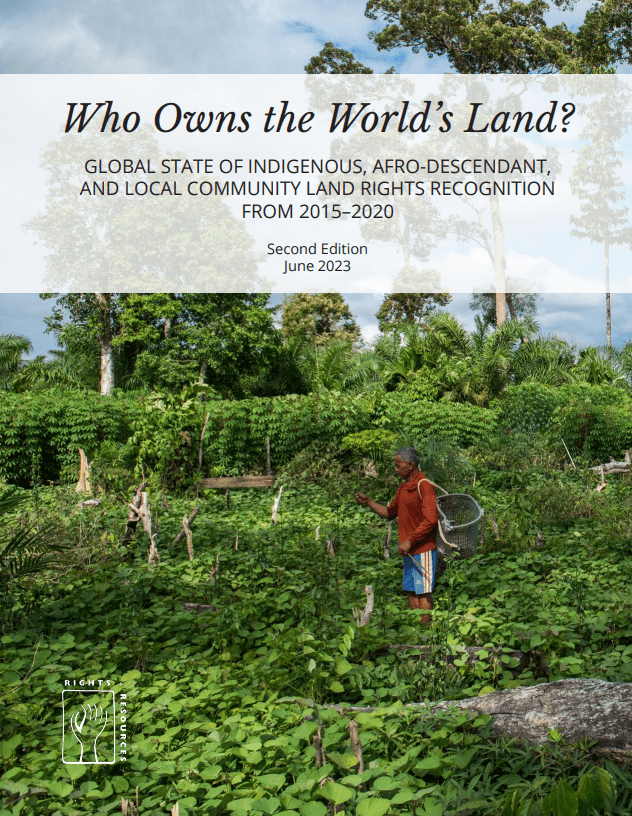Co-authored with 15 organizations from across Asia—spanning youth groups, Indigenous networks, and ally organizations—this new report collates and brings to the fore the experiences and leadership of youth activists from across the continent into a call to action.
This edition is in Bahasa Indonesia; full English report is coming soon! Co-authored by 16 organizations from across Asia—spanning youth groups, Indigenous networks, and ally organizations—this new report collates and brings to the fore the experiences and leadership of youth activists from across the continent into a call to action.
Eighteen young leaders from 10 Latin American countries call on governments,donors, and grassroots organizations to include youth in decision-making that impacts their territorial rights, and to strengthen their understanding of biodiversity management and conservation efforts.
From June 26–30, 2023, public forest agency leaders within the MegaFlorestais network from some of the world's most forested countries met in Lake Tahoe, California for the first time since before the Covid-19 pandemic. They gathered to learn about ongoing forest management programs, share trends in forest policy, strengthen relationships, expand collective knowledge, and promote strategic innovation.
More than 200 participants from 20 countries sign a Declaration inviting government actors, policymakers, international donors, the private sector, civil society, and allies to promote the implementation of the Forum's Roadmap by strengthening and promoting the engagement of Indigenous and local community women and girls in Central Africa in biodiversity conservation and climate resilience.
This report presents the most comprehensive and up-to-date picture of global progress towards the legal recognition of community-based land tenure, and offers a baseline against which the Kunming-Montréal Global Biodiversity Framework 2030 Targets can be monitored.

